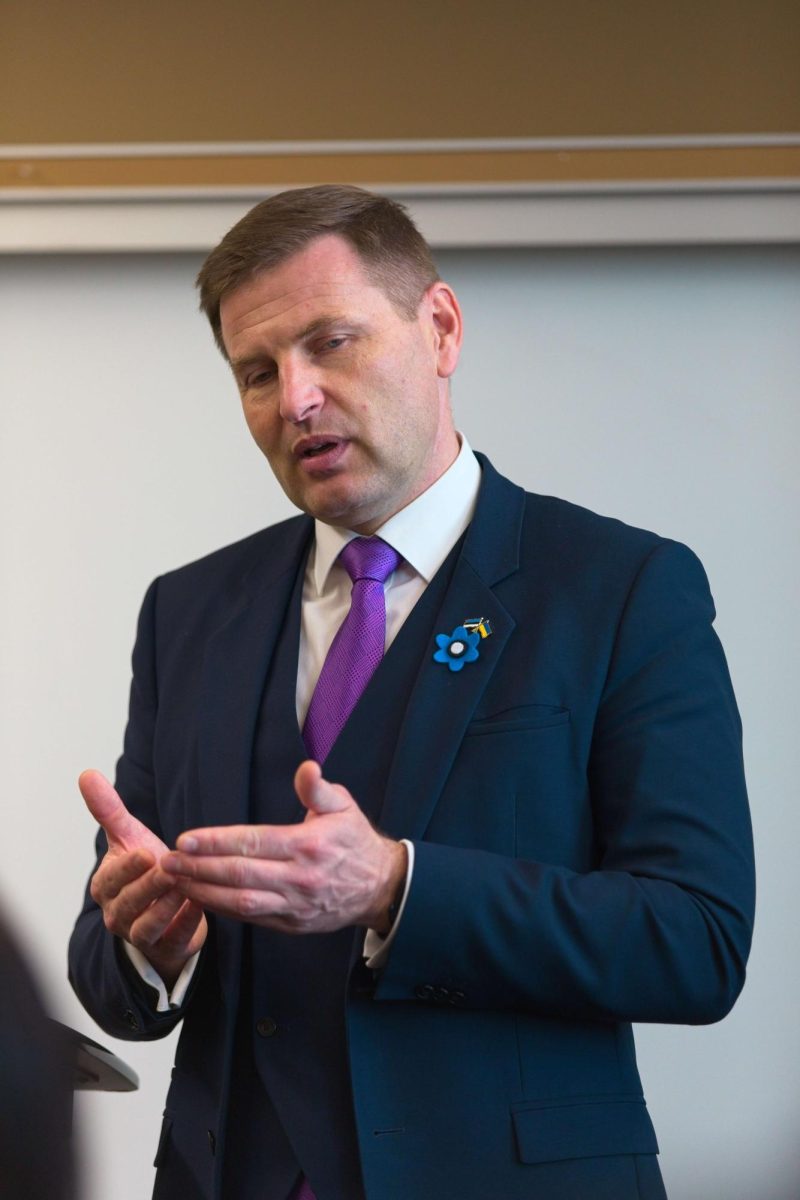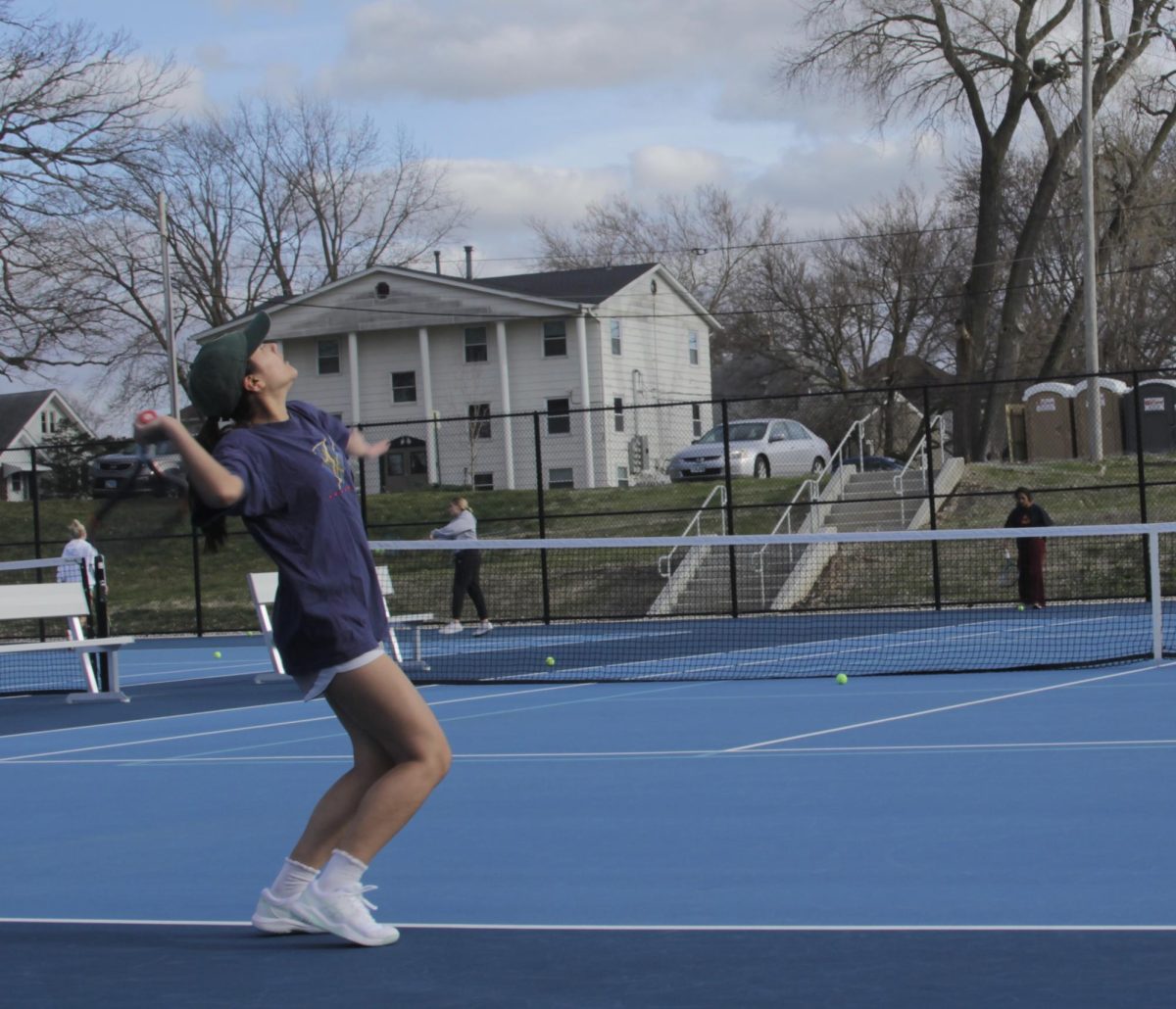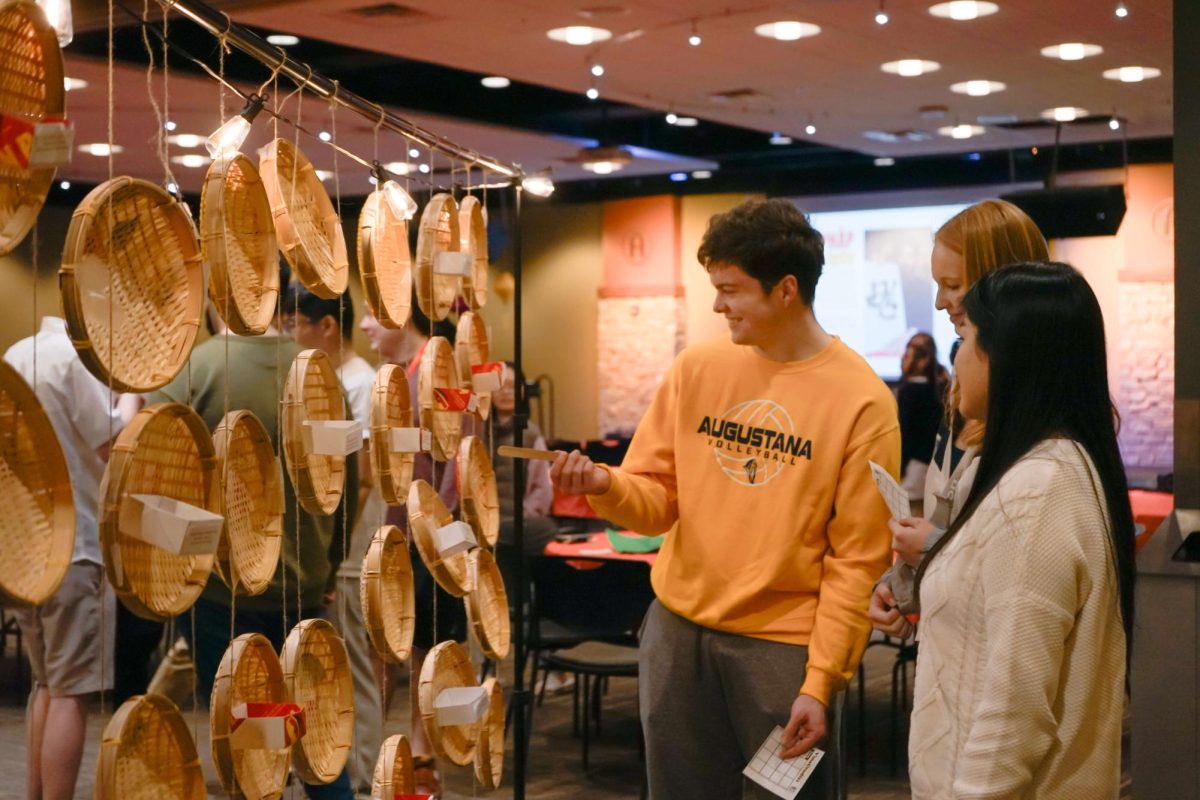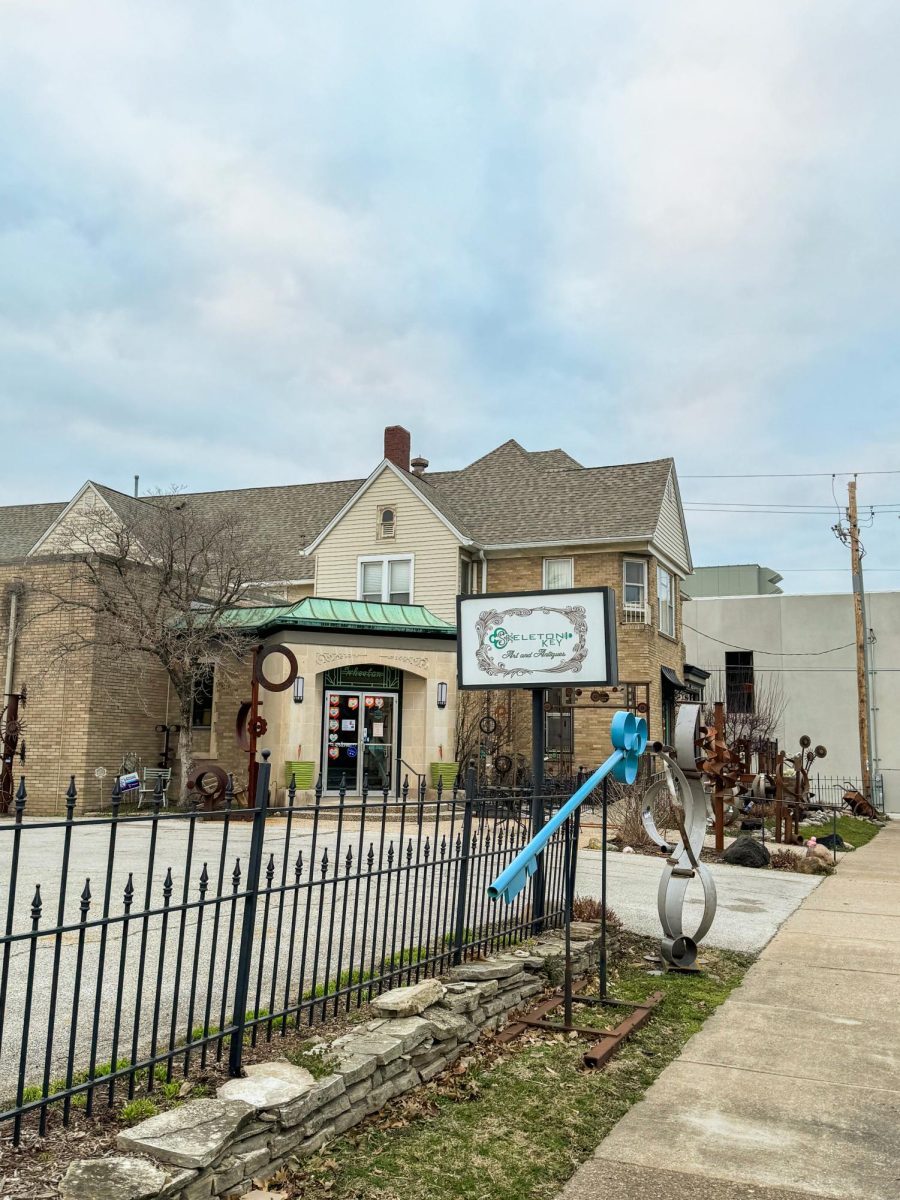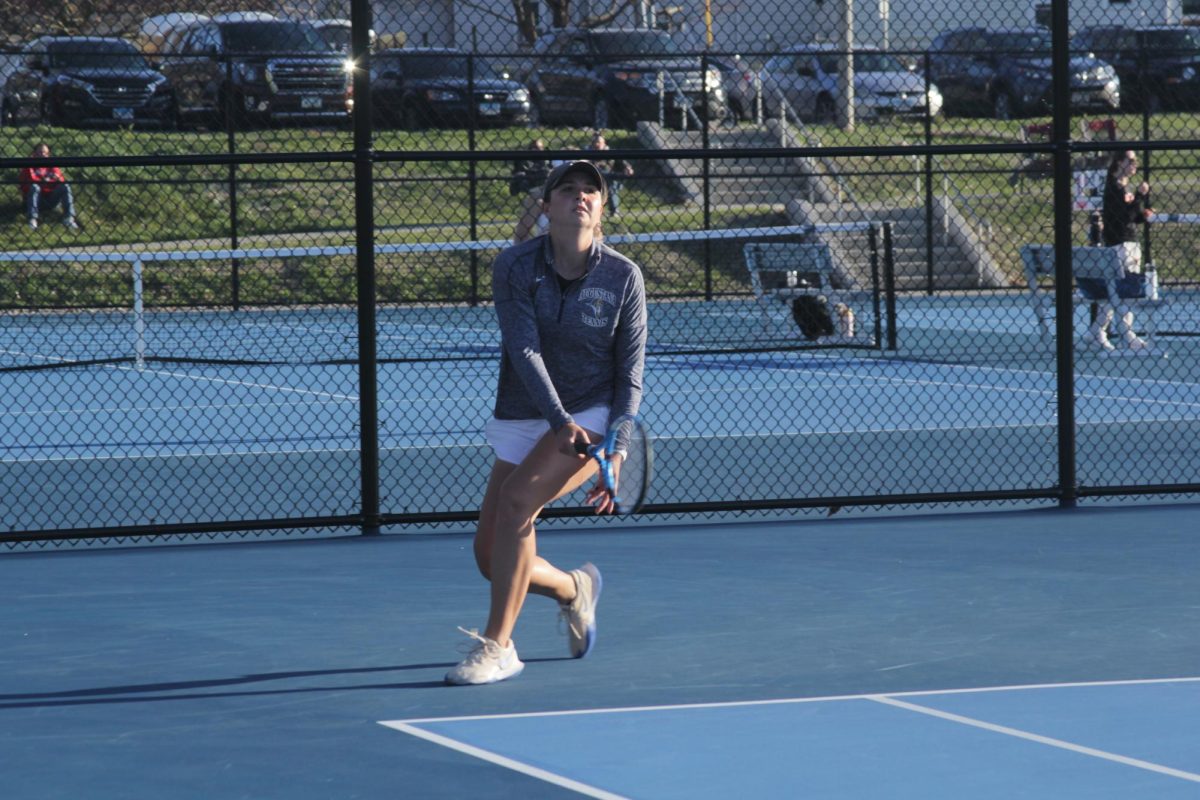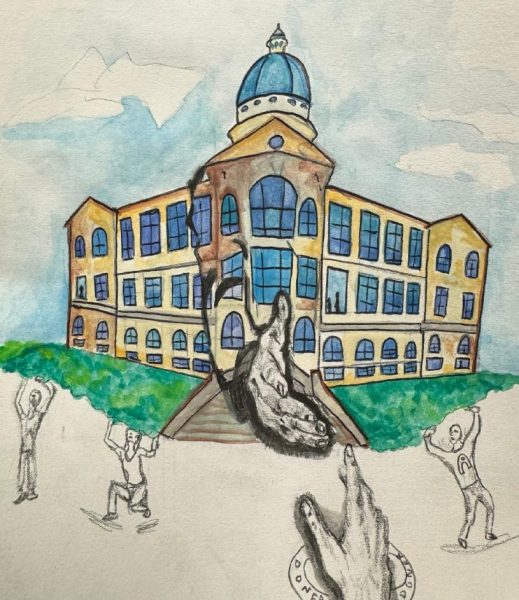Should students have a say in the new provost?
March 4, 2023
Provost candidacy, a term that may be new to some students but not others, is taking place at Augustana College.
Students do have a say in the decision-making process, but it is minimal at best. Students should have more influence on hiring decisions of faculty because these decisions determine their educational future.
A Provost candidate has a background in education and applies to work alongside the institution’s president.
During the candidacy process, the applicant shares their education and answers questions from current faculty on how they could help the school and its students.
Augustana held three meetings where candidates met with faculty and students to discuss how their future contributions may help major departments.
As more information is shared with how this could impact the student body, specifically regarding majors, students should be involved in this process since their area of study could be affected.
I attended one of the meetings held on Wednesday in the Olin Auditorium.
At the interview was Dr. Antonio Henley, who went to the University of New Hampshire and teaches psychology at Johnson C. Smith University.
He explained that growing up, there were two influential women in his life who encouraged him to question everything and taught him that he can do anything.
As a potential provost, Henley’s philosophies would greatly impact the student body. Working alongside the president isn’t just for show, provosts help make big decisions such as budget planning and what programs each major has to offer for students.
The provost is able to help the president make decisions on how much funding major programs receive, something that students should have a say in.
Currently, students do have the ability to attend interviews, but their decision-making power is limited because they do not have wide-spread voting power.
Students in a certain major would like to know if they’re getting the budget needed for their program to continue. No one wants to discover that their area of study is being shut down due to budget cuts.
“[Our] budgets should represent our values… structure the budget to represent things we care about,” Henley said.
Henley strongly believes working with members of the community helps him to build a closer relationship with those in the area.
When asked what he would be looking for in a group of people he would work alongside, Henley says that he looks for diversity of thought because not everyone agrees and to make sure all dimensions are addressed.
He also discussed the importance of creating more opportunities for students to succeed on campus, which provides students with more resources to reach their goals.
Henley is a part of cultural exchanges and organizations that are regional and national, like TRIO Student Support Services, that helps first-generation and low-income students excel in college. Through his experience, Henley sets himself apart by his dedication to student success.
Hearing someone who may be working alongside the school’s president speak to issues relevant to students on campus is reassuring.
However, it also highlights how students should have more influence on faculty hiring decisions.
Students should have a say in major department budgets, potential on-campus organizations and in determining if the candidate is one who will represent their campus values.


